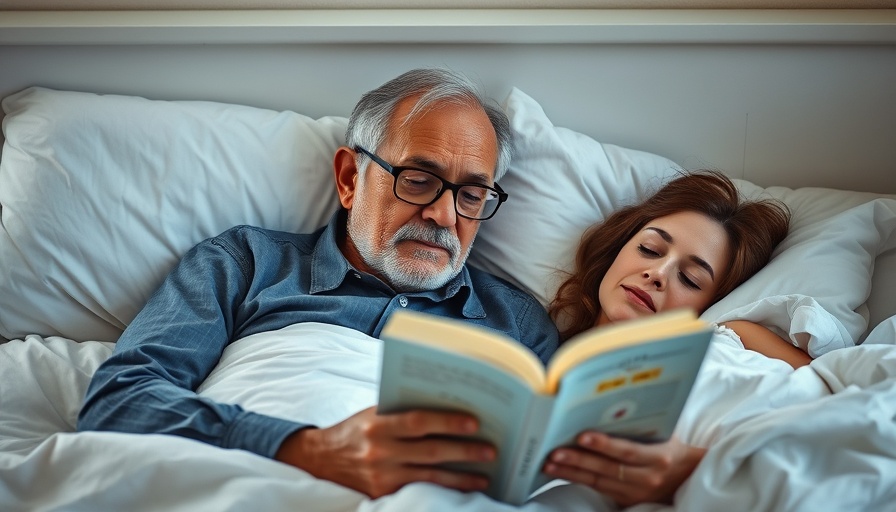
Why Sleep Divorce Might Improve Your Sleep Quality
For many couples, the concept of sleep divorce or "sleep separation" may seem radical, but it can lead to improved rest. Historically, couples might have shared the same bed as a symbol of intimacy and security. Recently, however, more are opting to retreat to separate sleeping spaces for various reasons.
Understanding the Reasons Behind Sleep Divorce
Every couple has unique habits and preferences when it comes to sleeping. Conflicting schedules, snoring, and even differing temperature preferences can all lead to sleep disturbances. For instance, if one partner is a night owl while the other rises early, the odds of achieving a full night's sleep together diminishes. Parents juggling the demands of young children often find that sleeping separately allows them to maximize their sleep.
The Hidden Benefits of Sleeping Alone
Research has shown that co-sleeping can paradoxically lead to poorer sleep quality.
Finally, not having a partner in bed can reduce anxiety surrounding sleep. For those who experience insomnia, knowing they won't disturb their partner if they toss and turn can be a tremendous relief.
Potential Downsides of Sleep Divorce
While the benefits are compelling, it is essential to acknowledge potential downsides, such as decreased intimacy. Sleeping apart may lead to feelings of isolation or reduced connection. Couples should communicate openly about their sleep preferences and ensure that their emotional bond remains strong.
Your Journey to a Good Night’s Sleep
Experimenting with sleep arrangements can yield different results for each couple. Open communication and mutual understanding are crucial as you navigate this decision. Ultimately, the goal is a better night’s rest—whether with your partner or on your own.
 Add Row
Add Row  Add
Add 




 Add Row
Add Row  Add
Add 

Write A Comment